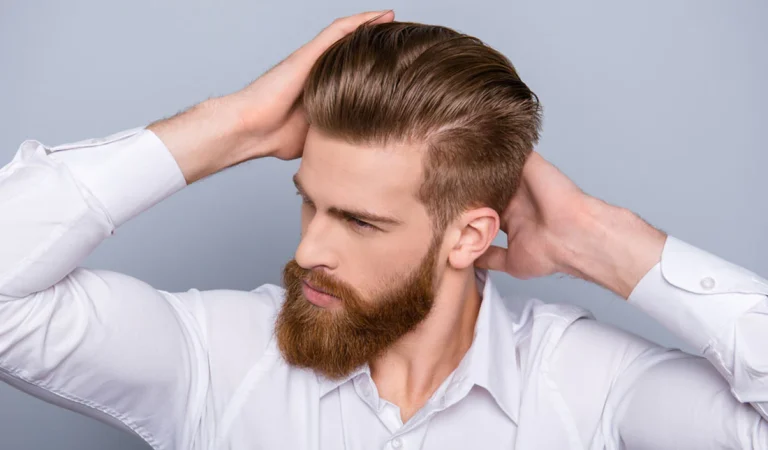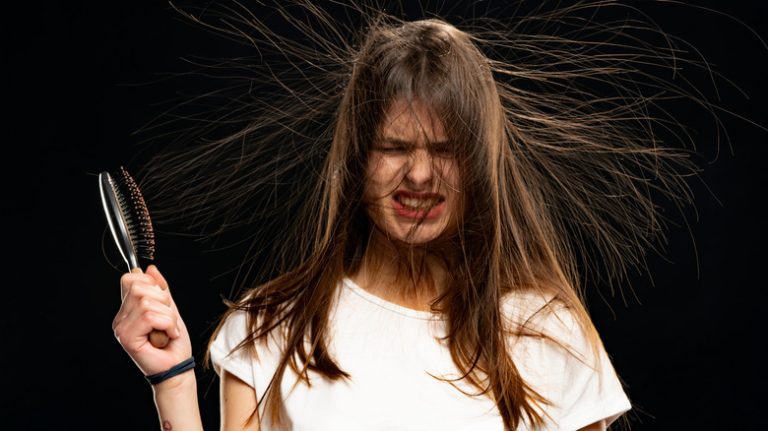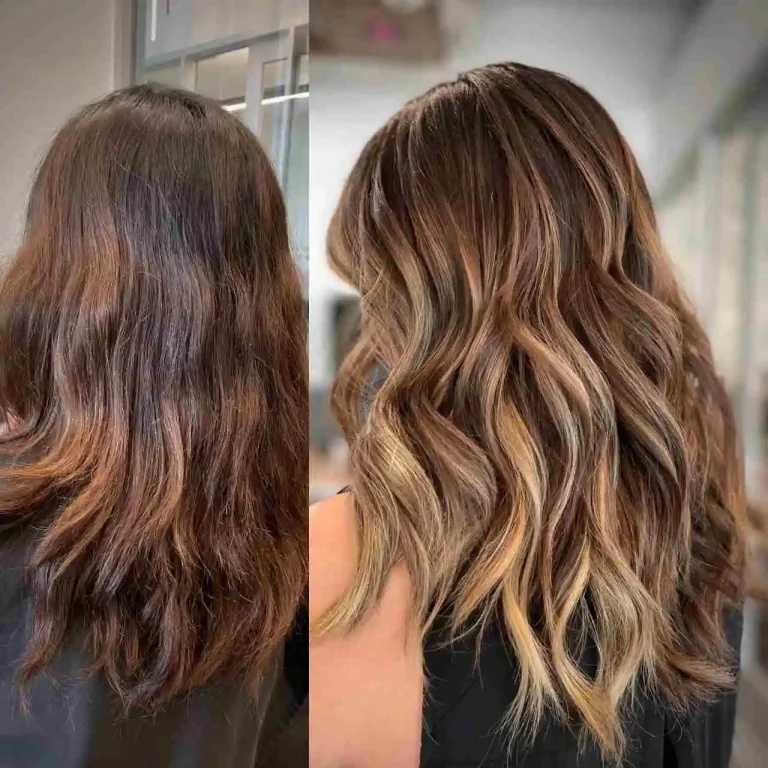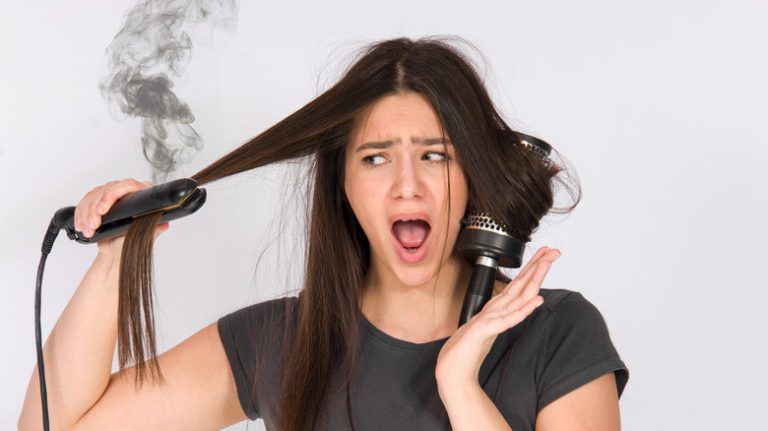Does Shampoo Expire? How to Tell It Has Gone Bad?
We all have that bottle of shampoo sitting in the shower that we’ve been using for months, maybe even years. At some point, you have probably wondered: Does shampoo expire? Knowing when it’s time to toss an old bottle can ensure your hair gets the cleansing and conditioning it needs.
In this guide, we will discuss everything you need to know about shampoo expiration dates.
Does shampoo expire?
Contents
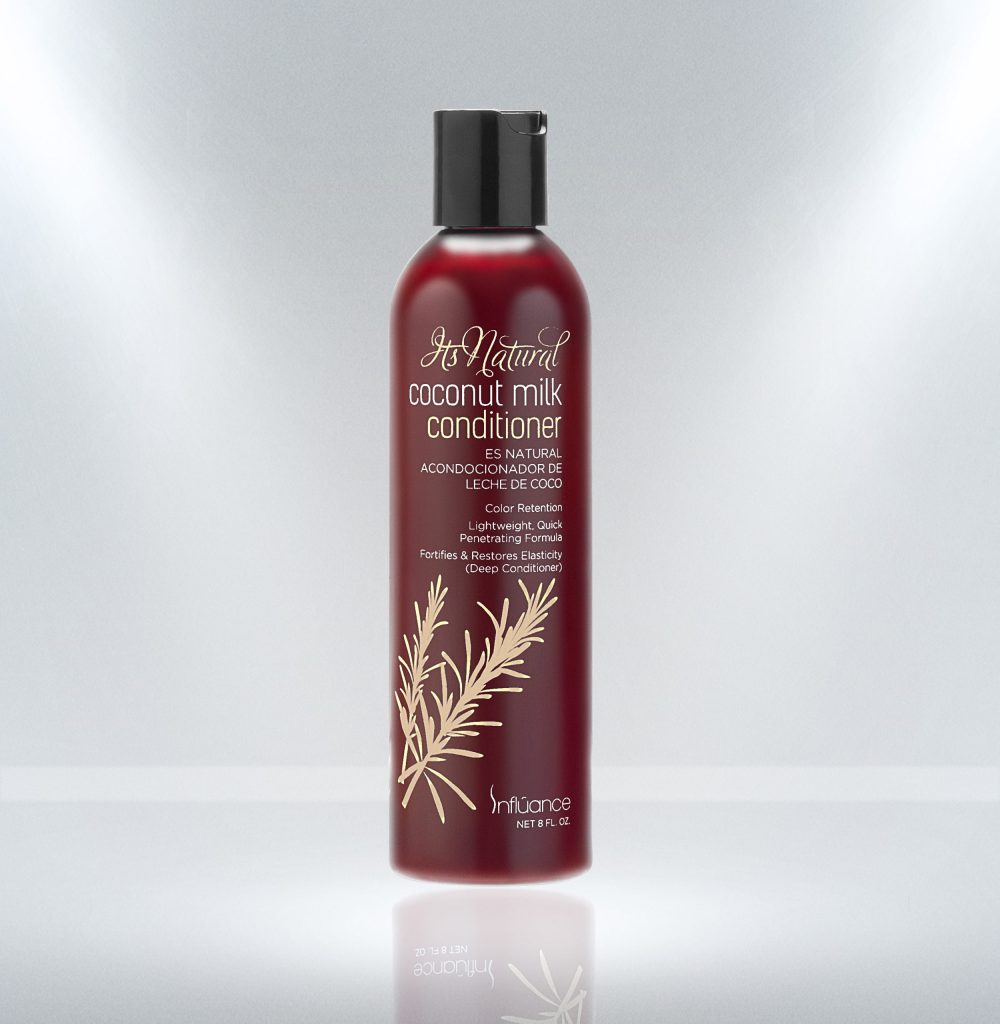
Yes, shampoo does expire eventually. Like all personal care and cosmetic products, shampoo has a shelf life.
According to the Food and Drug Administration (FDA), shelf life refers to the period of time during which a product remains safe and effective to use. Shelf life can vary widely between products.
Manufacturers are responsible for labeling shampoo bottles with expiration dates or other indicators of shelf life. They conduct stability testing to determine how long the product will maintain its physical and chemical properties under reasonable storage conditions.
How to Tell if Your Shampoo Has Expired
Check the packaging for an expiration or “best by” date. This will give you an idea of when the manufacturer guarantees optimal quality.
If there’s no date, look for a period-after-opening (PAO) symbol that indicates how many months the shampoo is designed to remain fresh after opening.
You can also contact the manufacturer directly to ask about your specific product’s shelf life.
Watch for these common signs that your shampoo has expired:
- Texture changes: Separated, overly watery, or excessively sudsy formulas may indicate bacterial growth.
- Color changes: Discoloration, darkening, or brightening can mean oxidation and chemical breakdown from air exposure.
- Odor changes: Rancid, sour, or funny smells imply bacterial or fungal growth.
- Sediment: Tiny, solid particles, chunks, or thickening around bottle openings is often mold.
How long can unopened shampoo last?
Unopened shampoo stored properly can remain effective for about 2–3 years past the manufacturing date.
Shelf life varies based on:
- Formula ingredients: Natural oils and fragrances may expire faster than synthetic ingredients. Preservatives help prolong shelf life.
- Manufacturing lot: Product batches made at different times may have slightly different shelf lives.
Once opened, shampoo has a shorter shelf life of around 6–12 months. To maximize freshness after opening:
- Seal bottles tightly after each use
- Store away from heat, light, and humidity
- Use clean hands to prevent bacterial contamination
- Transfer extra product to smaller containers to limit air exposure
How Often Should You Replace Shampoo?
The frequency of shampoo replacements depends on personal usage. Those who wash their hair more than a few times per week may need to replace bottles every 3–4 months. Infrequent users may get up to a year from one bottle.
Watch for changes in performance, texture, and smell that indicate it’s time for fresh shampoo.
Do natural shampoos expire faster than regular shampoos?
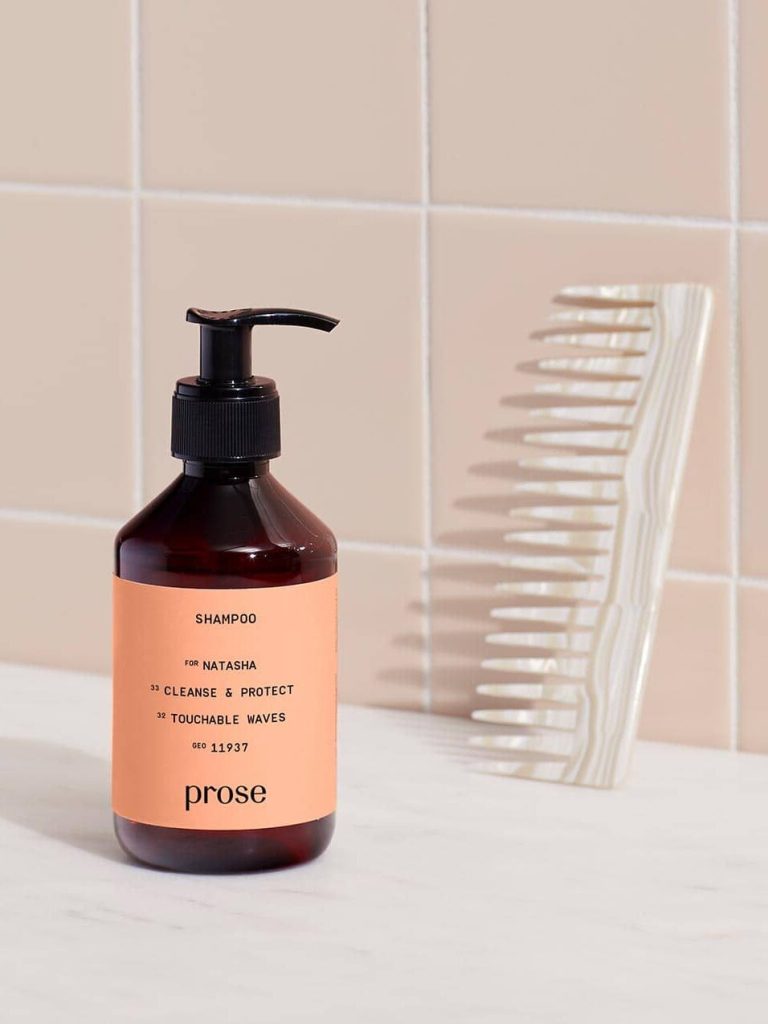
Whether natural shampoos have a shorter shelf life than synthetic shampoos is a complex question.
Some natural ingredients, like plant oils and extracts, may degrade faster than chemical preservatives and surfactants designed for stability.
However, many modern natural shampoos contain both natural and synthetic ingredients selected for long-lasting freshness. Shelf life varies by specific formula.
Traditional shampoos without parabens and other harsh preservatives often have comparable or longer expiration dates than natural varieties. Check labels for batch codes and PAO symbols for the best indication.
What Factors Affect Shampoo Shelf Life?
The following factors affect the shelf life of shampoo:
- Preservatives – Parabens, formaldehyde releasers, and other preservatives prolong shelf life by preventing microbial growth.
- Fragrances – Natural essential oils like citrus, lavender, and rosemary can oxidize and degrade faster than synthetic fragrances.
- Ingredient interactions: The shelf life reflects the most fragile ingredient.
- Air exexposure: Oxygen can interact with ingredients, causing oxidation.
- Sunlight & UV: Radiation and heat degrade compounds and accelerate chemical reactions.
- Temperature: Heat impacts reaction rates and the growth of bacteria and mold.
- Contamination : Bacteria, fungi, and other microbes breed in old product.
How to Store Shampoo for Maximum Freshness
Follow these tips to prolong your shampoo’s shelf life:
- Store shampoo in a cool, dry place away from direct light, heat, and humidity. Aim for a moderate room temperature.
- Avoid extreme temperatures like steamy bathrooms and freezing cars, which can damage formulas.
- Keep lids tightly sealed and limit air exposure that can oxidize ingredients.
- Don’t mix old and new product in the same bottle. Freshly opened shampoo lasts longer.
- Store bottles upright and neatly to prevent spills and contamination.
- Transfer extra product to smaller travel bottles to reduce oxidation.
- Don’t add water to stretch out product – this introduces bacteria.
- Don’t transfer shampoo between multiple containers which can contaminate it.
Is it safe to use expired shampoo?
While it may seem harmless, using shampoo past its prime comes with risks:
- Reduced effectiveness: Expired shampoo won’t cleanse or condition hair as well.
- Bacterial growth: Outdated formulas can harbor harmful bacteria and fungi.
- Scalp irritation: Contaminants may cause itching, redness, and inflammation in some people.
- Allergic reactions: Degraded compounds in old shampoo can provoke sensitivities.
- Hair damage – Ingredients like proteins can break down and leave hair brittle and dry.
To avoid issues, discard shampoo that is past expiration or showing signs of age for optimal hair health and shine. The small investment in a new bottle is worth it!
In Summary
Like food and medication, shampoo has a limited lifespan and will eventually expire. Shelf life depends on the ingredients and storage conditions.
Watch for changes in texture, scent, and performance which signal it’s time to replace your shampoo. Proper storage helps prolong freshness.
While not inherently dangerous, using expired shampoo can lead to ineffective cleansing, irritation, and hair damage. For best results, replace the bottle regularly, and don’t hold on to shampoos past their prime.
Checking expiration dates and choosing quality formulas will ensure your hair gets the cleansing and care it deserves!

Founded by Sophia Rodriguez, IGXO Cosmetics is a PETA-certified, cruelty-free, and vegan makeup brand.
